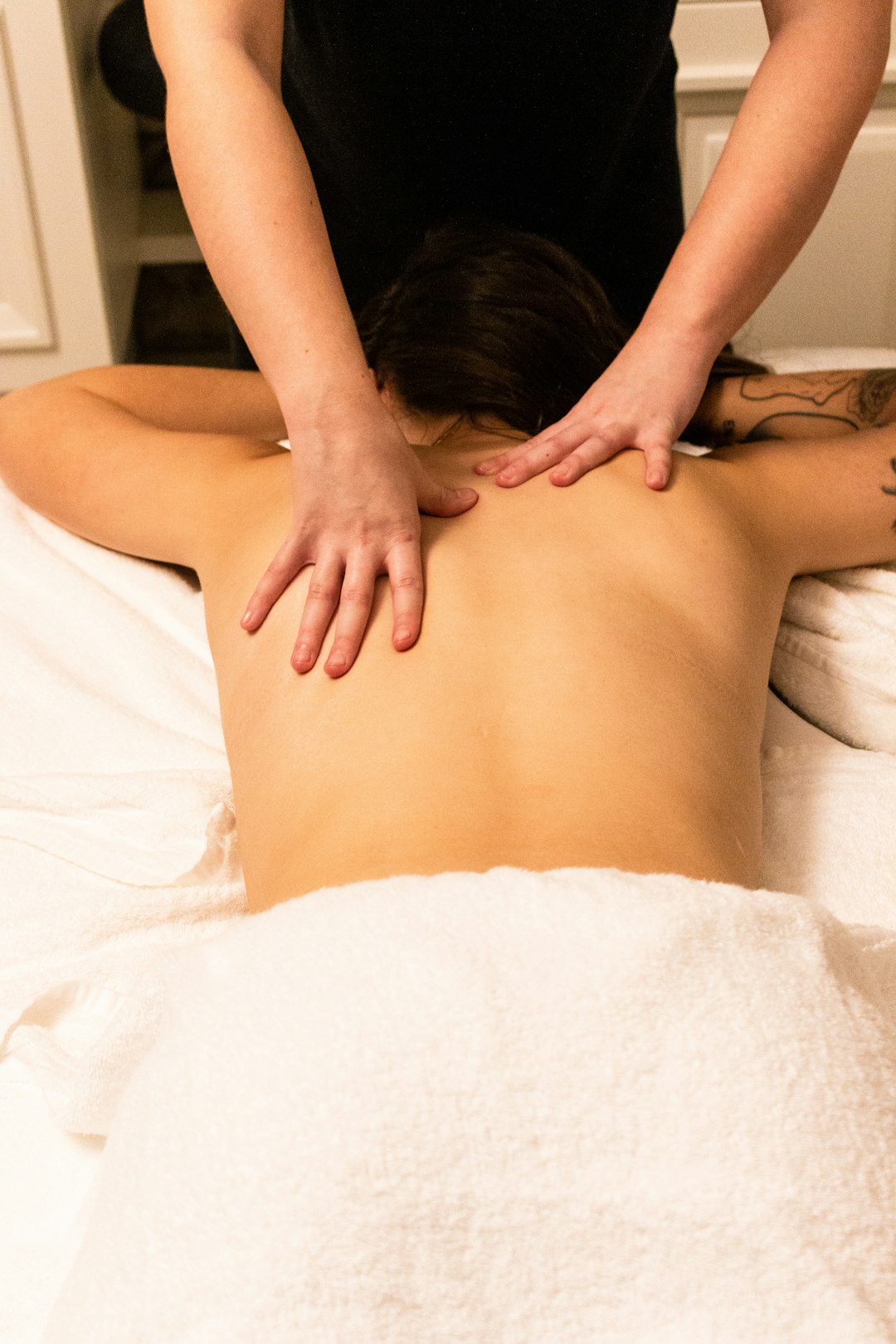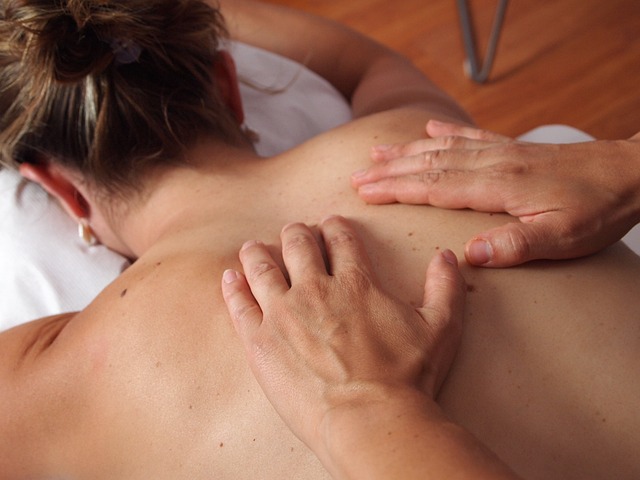In Georgia, loopholes and inconsistencies in massage spa regulations create risks for clients, with varying background check requirements and inconsistent enforcement across counties. These gaps lead to unethical practices, unsanitary conditions, and physical harm. Stronger regulations focusing on client safety and provider accountability are crucial. Residents seeking assurance should consult a trusted massage abuse Lawyer Georgia. These lawyers advocate for victims, guide spas to adhere to standards, and push for policy changes to prevent massage abuse. To drive change, gather industry research, collaborate with advocates, educate the public, and engage policymakers with data-driven arguments.
In Georgia, the current state of massage spa regulations leaves significant room for improvement. With few oversight mechanisms in place, consumers face potential risks and common issues like unsanitary conditions, unlicensed practitioners, and even massage abuse. This article delves into these concerns, highlighting the critical need for stronger regulations. We explore the role of a massage abuse lawyer in Georgia and provide actionable strategies for effective lobbying to protect clients and enhance spa industry standards.
The Current State of Massage Spa Regulations in Georgia

In Georgia, the current landscape of massage spa regulations leaves room for improvement, as many loopholes and inconsistencies exist that can put clients at risk. While the state does have some guidelines in place to regulate massage establishments, such as licensing requirements and health standards, there are critical areas of concern. For instance, not all spas are required to conduct thorough background checks on employees, leaving potential opportunities for massage abuse unaddressed. Additionally, enforcement of existing regulations varies across counties, leading to inconsistent levels of protection for consumers.
The lack of comprehensive oversight can result in a range of issues, including unethical practices, unsanitary conditions, and even physical harm to clients. As such, there is an urgent need for stronger regulations that prioritize client safety and accountability among massage spa providers. A well-defined legal framework, guided by expert advice from a massage abuse lawyer Georgia residents can trust, will ensure that spas maintain high standards of care and professionalism.
Common Issues and Concerns Arising from Lack of Oversight

The lack of strong regulations and oversight in Georgia’s massage spa industry has led to several common issues and concerns. One significant problem is the potential for massage abuse, where clients may be subjected to inappropriate or even illegal acts by unlicensed or unethical practitioners. Without proper regulation, there are limited safeguards for consumers, making it easier for unscrupulous businesses to operate with impunity. This is particularly concerning given that Georgia has seen an increase in reports of sexual harassment and assault within the industry, highlighting the urgent need for stronger protections.
Additionally, the absence of standardized health and safety protocols raises significant red flags. Massage spas lacking regulatory oversight may not adhere to basic sanitation practices, increasing the risk of communicable disease transmission among clients and staff. Furthermore, without clear guidelines on employee training and licensing, consumers cannot be assured of receiving competent and safe services. These issues underscore the importance of legal advocacy by a massage abuse lawyer Georgia to drive change and ensure the well-being of both clients and workers in the state’s spa industry.
Potential Risks and Examples of Massage Abuse Cases

Massage spas in Georgia, like anywhere, are not immune to potential risks and instances of abuse. Without proper regulations and oversight, clients can be vulnerable to a range of issues, from sexual harassment to physical assault. Examples of massage abuse cases in the state include reports of inappropriate touching, non-consensual services, and even more severe incidents of assault. A massage abuse lawyer in Georgia highlights that these occurrences not only violate client rights but also pose significant health and safety concerns.
In some instances, clients have reported feeling pressured into unwanted services or experiencing aggressive techniques that caused physical harm. Such cases underscore the importance of clear guidelines and enforcement to protect consumers. By lobbying for stronger regulations, advocates aim to establish standards that prioritize client consent, training requirements for massage therapists, and reporting mechanisms for suspected abuse, thereby ensuring a safer environment for all individuals seeking relaxation and therapeutic services in Georgia.
Role of a Massage Abuse Lawyer in Georgia

In the fight for stronger massage spa regulations in Georgia, a massage abuse lawyer plays a pivotal role. These legal professionals are equipped to navigate complex laws and advocate for victims of massage-related abuse or misconduct. They help ensure that spas adhere to safety standards, providing expertise on regulatory frameworks and guiding victims through legal processes.
A massage abuse lawyer in Georgia is well-versed in state laws pertaining to spa operations, licensing requirements, and consumer protection. They can offer crucial support to clients who have experienced unethical practices, such as unprofessional behavior from therapists or spas that fail to maintain a safe environment. By leveraging their knowledge and skills, these lawyers foster a more accountable and transparent massage industry across the state.
Strategies for Effective Lobbying to Strengthen Spa Regulations

When lobbying for stronger massage spa regulations in Georgia, a strategic and well-planned approach is key to success. First, gather extensive research on current industry practices, identifying potential loopholes or areas where regulation could better protect clients from massage abuse. Collaborate with other professionals, such as lawyers specializing in massage therapy law, to understand the legal landscape and develop informed arguments.
Effective lobbying involves building strong alliances with like-minded organizations, community leaders, and even past victims of massage abuse. Utilize these relationships to gain traction and support for proposed regulations. Additionally, organize informational sessions or workshops to educate the public about the benefits of stricter spa regulations, fostering public support through awareness and empathy. Engage in direct communication with policymakers, presenting clear, data-driven arguments that underscore the need for change.






